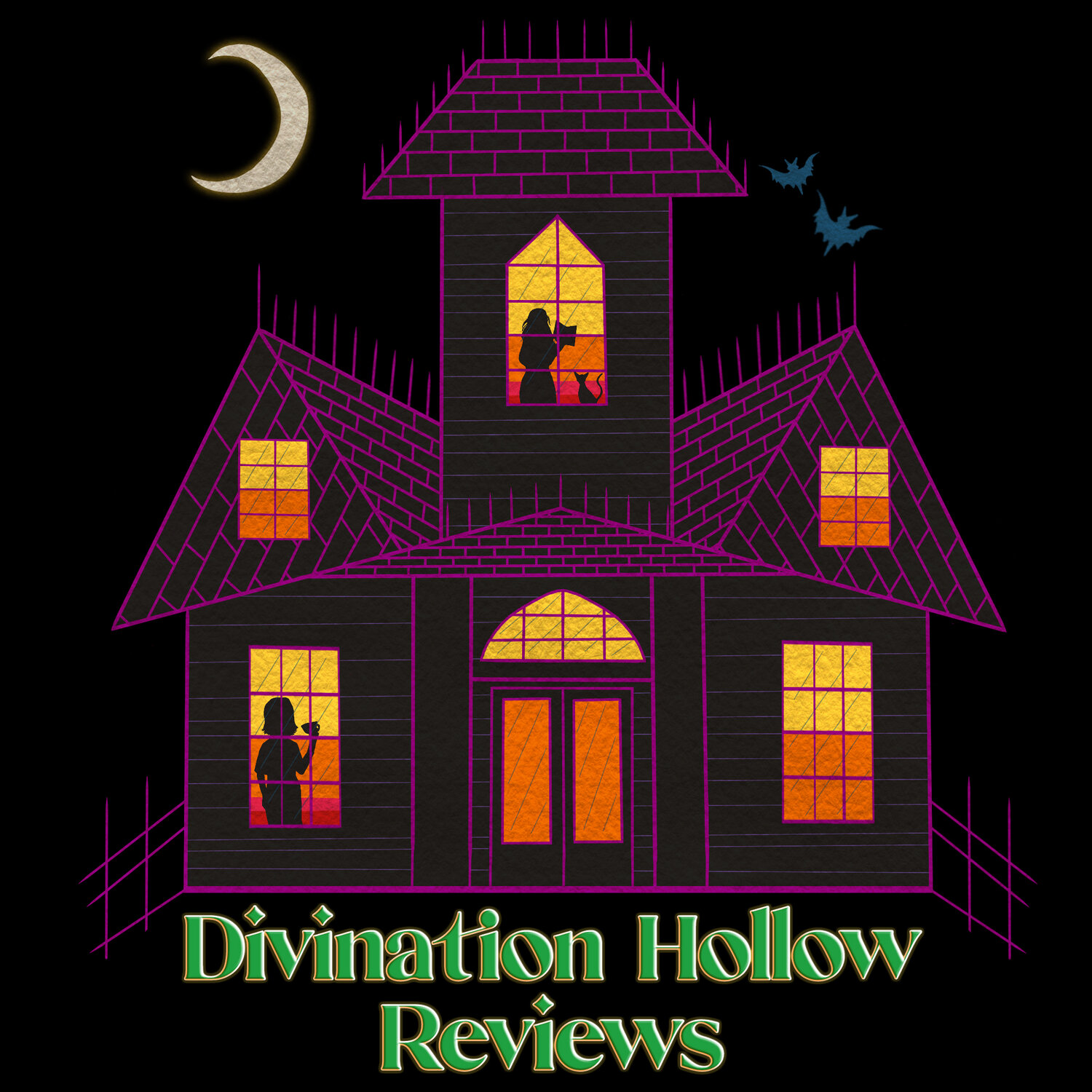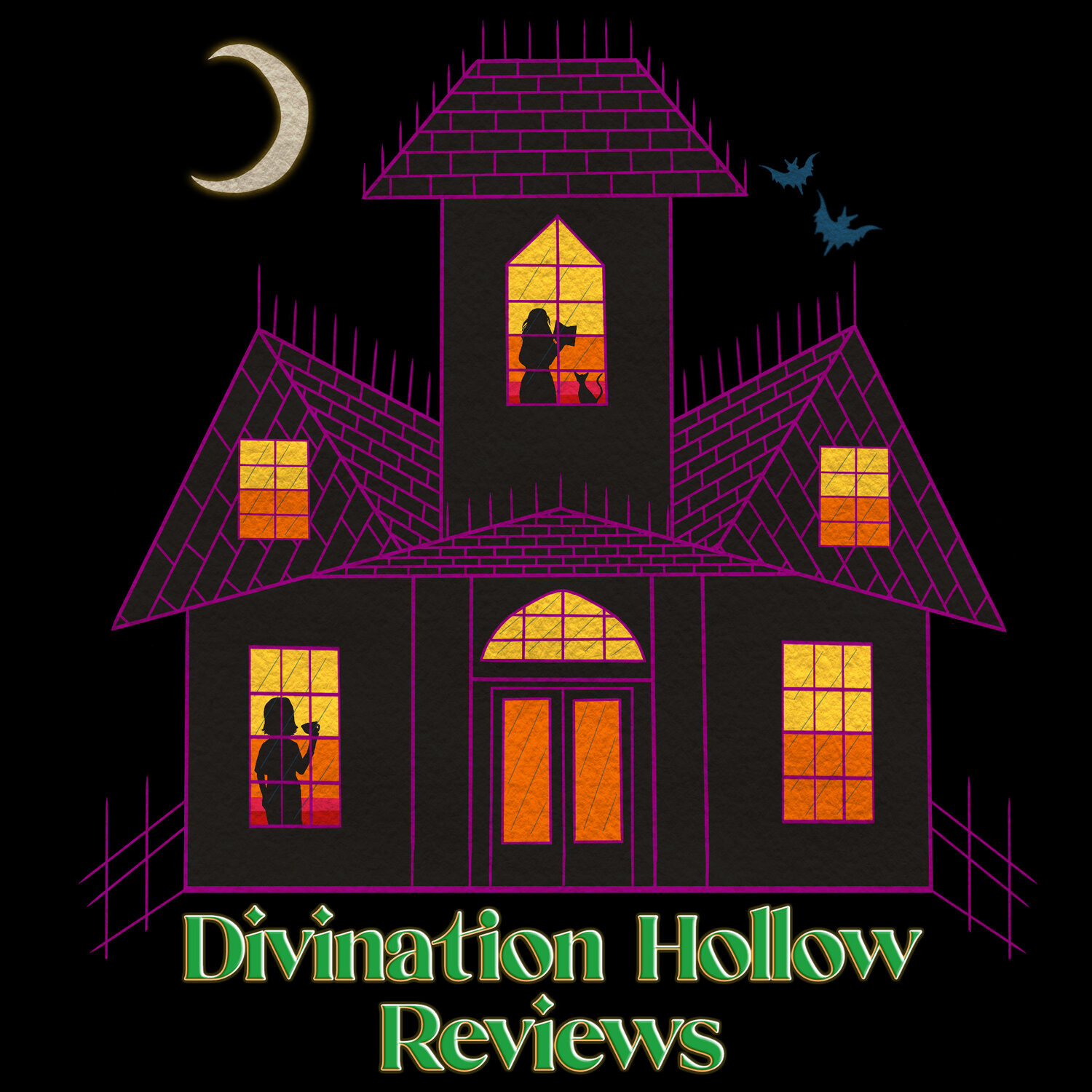[Double-Feature - Interview] - Chad Lutzke

Dead Head Reviews (DHR): In relation to your book Skullface Boy, is this autobiographical fiction? If so, what story elements in particular? Was Rainbow Rick someone you once knew?
Chad Lutzke (CL): There are several bits sprinkled throughout which are autobiographical and too many to list without boring you. I lived in Denver for a while in the 80s with my biological father. We finally developed a relationship after an eight-year hiatus. That’s a whole other story in itself. But in my late teens, I would spend hours walking through Denver and even lying down in the lush grass near the circled off ramp, gazing at the sky and the tops of buildings. It was wonderfully serene at night. A few of the hitch-hiking scenes stemmed from real events. The list is long.
Rainbow Rick is based on my biological father, with a few exceptions. He wasn’t old, he didn’t serve in the war, and he didn’t wear diapers. But he was an avid reader and owned several books. He tried for years to get me to read, but I was never interested. Finally, in my early 20s, I started reading. His favorite book of all time was Aztec by Gary Jennings. I think he’d get a real kick out of the fact I ended up becoming a writer after all that resistance. He died about 10 years ago from an accidental drug overdose.
DHR: What inspired you to create Levi’s face as a disfigured, skull?
CL: I had offered to do the cover of an anthology I was in, so I made a mockup of the cover, which was basically the cover for Skullface Boy minus the 80s neon font, the brick wall, the palm trees, and the cityscape. It was just the skull face but in black and purple, not orange. Before I even got a chance to show the cover to the publisher, they had chosen one to use, and so while writing Stirring The Sheets one day in my backyard, I had my iPad next to me and that cover was on it, sitting there staring at me. I liked it quite a bit. I was looking at it and thought: “Screw it. I’m going to use this as a cover for a book about a kid with a skull face and simply call it Skullface Boy.”
DHR: In Skullface Boy, you mention William S. Burroughs. He’s one of my favorite writers. Has he influenced any of your writing and what in particular do you like about Burroughs’ style?
CL: I had just written Wallflower (which is about heroin addiction), and afterward I read Junky by Burroughs. I think John Boden sent me a copy. I guess it was on my mind when I wrote that scene in Skullface Boy, but that’s the only book of his I’ve read.
DHR: Who else and what else has influenced you as a writer overall?
CL: I think my biggest influence is indie films. The ideas are always original, the dialogue great, the cast often small. These are movies not to please the masses but to tell a unique and interesting story. I like lean prose, so I’ve drawn a lot from Joe Lansdale, Jack Ketchum, and even Henry Rollins. Rollins has written some books that are filled with vignettes which are short and often end abruptly with something to think about. That’s kind of how I wrote Skullface Boy. My influence more specifically for that book was Mongrels by Stephen Graham Jones, which I had read that same year. I really liked the way the story was laid out, kind of in vignettes. Little stories within a bigger story. John Boden’s Jedi Summer is like that too. It’s organized chaos with no true north, but it works beautifully.
DHR: Two themes that resonated with me when reading Skullface Boy were the idea of abandonment but also of freedom. Can you talk about these in relation to this book?
CL: On the outside, Skullface Boy looks like some weird fiction thing, or “bizarro-light.” But it’s far deeper than that and has underlying meaning. I was happy to see Stephen Graham Jones pick up on that right away and stated so in his blurb. That we all have our own skullface. Every one of us has something we’re unhappy with, something we’re embarrassed of, ashamed of. A weakness. Levi’s is right there for everyone to see. Part of the world ignores it. Those are the kind of people that make the world a better place. And some of the people remind him of his flaw or have given up and abandoned him. Levi did nothing to deserve his face. It’s just always been. The same goes for any of us. I wanted to write a story where someone overcomes the obstacles of hinderance. Whether those hinderances are self-doubt, lack of self-esteem, or brought on by others, like being bullied. If someone can go through these demons while taking inventory of self as well as the world, and learning along the way, with a healthy dose of understanding and empathy, there’s freedom in that search.
DHR: Where is the most unusual location that you’ve written something that would later become one of your novels?
CL: I don’t recall writing any of them in an unusual place. We own a camper I’ve headed out to just to get away from the distraction of people and the internet, but not sure that’s unusual.
DHR: I was pleasantly surprised by the ending of Skullface Boy. I will not spoil it for readers, but I am curious if you knew exactly how you wanted this book to end or if you pantsed your way there?
CL: I think I was about halfway through the book (which I 100% pantsed) when I came up with the ending. I remember that moment very clearly. I was standing alone outside in the middle of the night during the summer, and the last few lines came to me and I cried. I knew right then that’s how it needed to end. So, I came inside, wrote the very last paragraph and never changed a thing when I finally caught up to it.
DHR: What advice do you have for writers who are just starting out?
CL: Make sure you’re actually writing and not just talking about it. You also don’t need to do some extensive outline with hours and hours of research before you finally begin. Just start writing.
Experiment. Use picture prompts, use life experience, use dreams. Fuse them.
Know that not everything you write is something you’re going to want to have published, but none of it is a waste of time because the more you write (and read), the better you’ll get.
Use beta readers you trust. Use only those who aren’t afraid of being brutally honest with you. If you feel someone is just going to be too biased (like your loving mother), then don’t use them. If someone has zero criticism about what you’ve written and just tells you how perfect it is, don’t use them again. When you do get criticism, listen to it, consider it, particularly if you’re hearing the same thing from more than one person.
DHR: What has writing taught you about yourself?
CL: Great question. I guess it’s taught me that being hyper-empathetic, to the point of feeling like a curse, has its upside when writing. Writing turns it into a blessing. Writing has taught me that I love nostalgia more than I thought I did, and I suppose it’s taught me a little about self-worth. It really lifts me up when a complete stranger enjoys something I’ve written, particularly if that something was written strictly for my own pleasure with absolutely no concern for whether someone else will like it or not, like Skullface Boy or The Same Deep Water As You. It feels good to see someone really get it.
DHR: Are there any exciting projects you are working on that you can mention here?
CL: I’m finishing up a crime noir thing called The Neon Owl that all my patrons have had early access to. I hope to have this out early 2020. John Boden and I are writing another book together. I’ll be in a handful of anthologies coming out in the coming months, including a nonfiction book on writing which was put together by Joe Mynhardt and features quite an exciting roster. I also have two other co-writing projects happening that are in their early stages.
You can follow Chad on Twitter, @ChadLutzke
Interview by Stephanie "Sterp" Evelyn
writersterp@gmail.com
Twitter: @iamsterp
iamsterp.com


